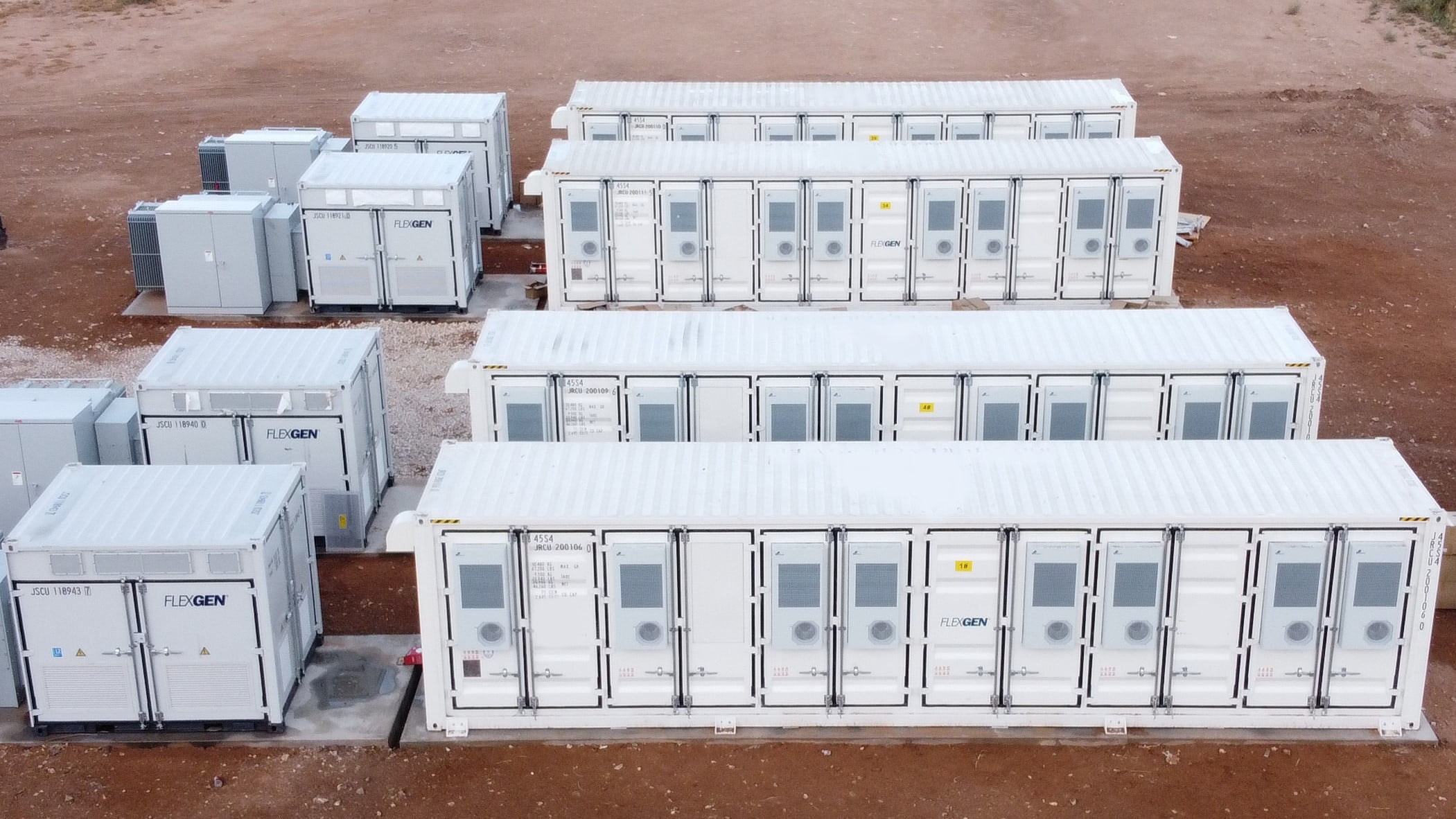
“The fund broadens our ability to sign tolling arrangements of various kinds with owners and operators of third party battery assets, including covering the collateral requirements associated with these contracts,” the company told Energy-Storage.news in response to a question asking specifically what the money would go towards.
The model de-risks the investment for the owner by guaranteeing a set income while allowing Gridmatic to capture more of the potential upside to the battery’s performance. It is different to a revenue-sharing model, where an optimiser and project owner share in the revenues of a project.
On the two models, the spokesperson added: “We offer both tolling agreements as well as revenue-sharing, depending on the needs of the client and their expectations for future returns from their battery asset. The fund supports us to backstop the tolling agreements and the guaranteed portion of a revenue-sharing agreement, if applicable.”
A ‘leading energy investor’ funded the first tranche totalling US$24.95 million, Gridmatic said. Gridmatic is already operating a 50MW/100MWh project using the fund.
‘By decoupling project development and active management of the batteries, this structure derisks the operational phase of a project for storage owners and supports the growth of the energy storage industry’, the announcement said.
“By participating in our fund, investors can capitalise on this volatility without the responsibility of managing an entire battery project or development platform,” VP business development David Miller added.
Energy-Storage.news has previously interviewed Miller in light of criticism from the developer community of AI-enabled optimisers’ perceived lack of transparency over their algorithms and trading decisions, a point to which Miller said “results will speak for themselves over time“.
A lot of battery storage projects in ERCOT are 9.9MW or under because of a faster interconnection processes that size, including a recent portfolio which secured tax equity financing this week.
“We are open to any size storage project, though in our experience the smaller projects are more commonly being aggregated in a portfolio for off-take contracting efficiency,” Gridmatic added.
“We currently operate a 50 MW system in ERCOT and are in negotiations to sign agreements with systems ranging from under 10 MW to over 100 MW.”
The ERCOT market for ancillary services is predicted to begin to saturate next year as the total installed battery storage capacity exceeds the MW of contracts available. This will necessitate a broadening of the revenue stack towards more energy-based activity like trading, which optimisers like Gridmatic say requires more sophisticated management enabled by AI in order to maintain competitiveness.


